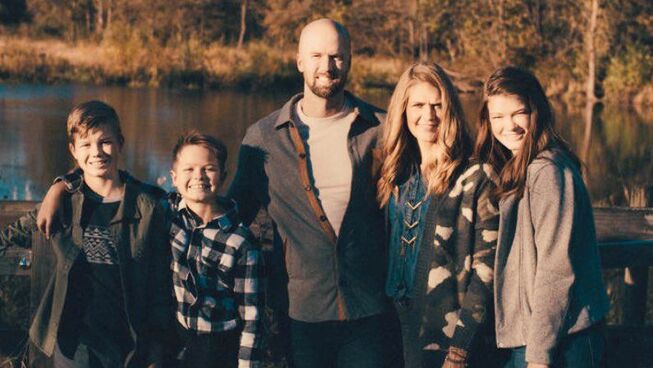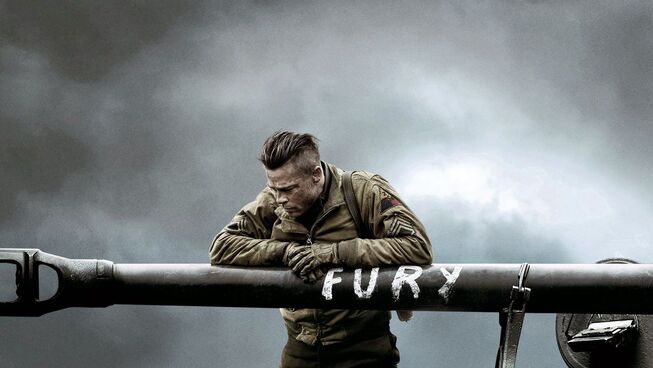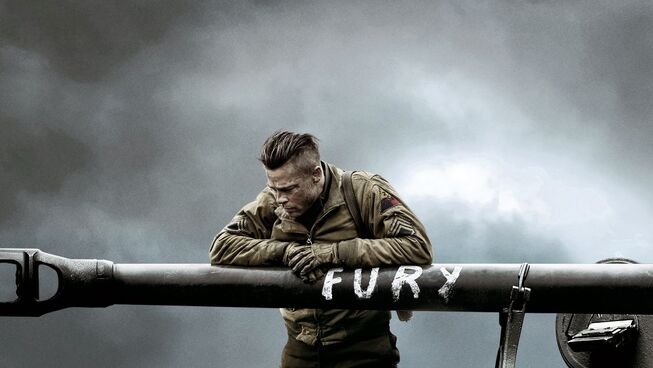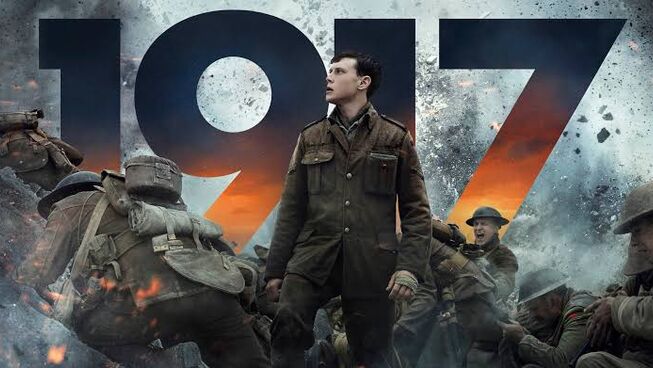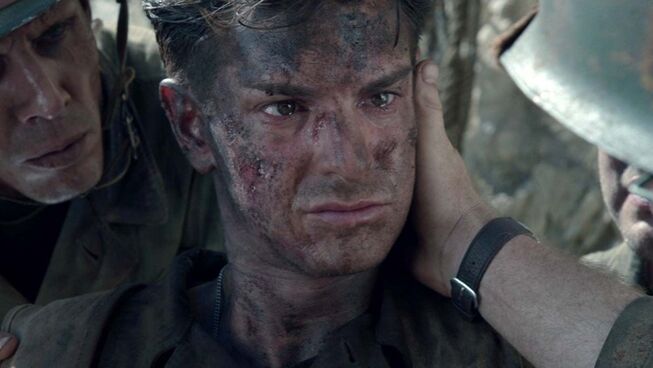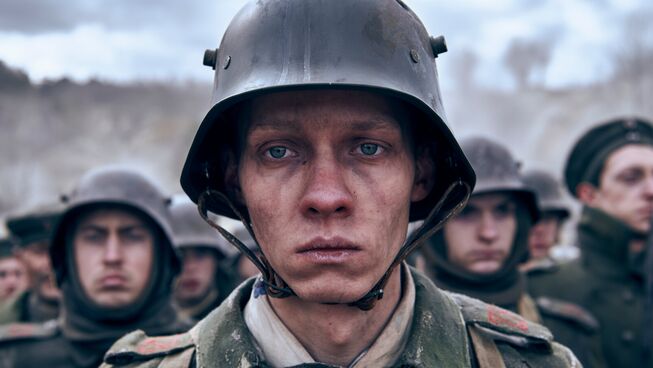
4.5 out of 5 stars
Early 20th-century German economist Joseph Schumpeter developed a concept called, “creative destruction.” This theory describes the “process of industrial mutation that dramatically changes the economic structure, destroying the old and creating a new one.” Commonly accepted products and methods are rendered useless once innovation and engineering merge with industrial manufacturing. Perhaps the best and most vicious example of creative destruction can be seen in the new combat mechanism during the First World War. “Created by wars that required it, the machine now created the wars it required.” All Quiet on the Western Front brilliantly and brutally depicts the collision of outdated battlefield technology with the new War Machine of the 20th century.
Based on the classic anti-war novel, Netflix’s All Quiet on the Western Front is a German remake of the 1930 American-made film. It is also an audacious remake of one of only a few films that have won Academy Awards for both Best Picture and Best Director. Most recently, Steven Spielberg proved that it could be done successfully with his reboot of West Side Story. However, German director Edward Berger’s resume is notably thin on big-budget war epics. So it begs the question of whether he has what it takes to live up to one of the most well-respected anti-war films of all time.
The opening scene is a beautiful aerial shot of the French countryside. A rich vibrancy of vegetation and animal life is soon juxtaposed against a hellscape of human slaughter via trench warfare. The industrial gears of war begin when a soldier is killed on the front line. His clothes are unceremoniously removed, bagged, shipped, and boiled clean for the next German recruit. A few years into the First World War, 17-year-old Paul Baumer (Felix Kammerer) had romantic ideas about German Imperial patriotism. Along with three of his school friends, Paul is eager to enlist in the German army, even if it means lying about his age and forging his mother’s signature. When the boys reach the Western front lines, they are confronted by more than the brutal reality of conventional war. An obvious tension now exists between old and new military tactics. One disturbing scene reveals the bodies of an entire unit of German soldiers found in an abandoned warehouse. It is inferred that the soldiers barricaded themselves against something terrible. One of the men remarks, “Damn! They took their masks off too soon!”
The overall production value of Netflix's epic belongs in the same list of wartime classics as Saving Private Ryan, 1917 and Fury. Berger must have felt pressure to meet or surpass the realism of battle that other directors have captured in their historically accurate films about war. More than any other genre of film, productions depicting the horror of combat strive to provide the viewer an almost tactile experience in its grittiness and closeness to the bloodshed. The combination of long tracking shots and hand-held camerawork draws the viewer into the misery of the battlefield. Men are caked head to toe with mud and blood. Even their teeth are decaying from neglect and malnourishment. Cinematographer James Friend paints the screen in shades of grey and brown. Everything seems to be putridly saturated with moisture and in various stages of rot and frost. One of the film’s best shots is of a French tank slowly emerging from the dense fog. Composer Volker Bertelmann mimics the tank’s slow crawl with a barbaric drumbeat and powerful synths. The entrenched German line stands in helpless terror as this modern machine runs them down.
The use of jump cuts from the battlefield to parleys between the French and German governments is particularly effective. These conversations occur in opulent railcars between well-fed and well-dressed official representatives. It is a stark reminder that, along with Paul Baumer, we have forgotten why the two sides are fighting. There is an emotional disconnection between the dying boys and the men negotiating the armistice. As with all wars, political and military strategising is meaningless; the only thing that matters is the brother standing next to you in the trenches.

Reel Marriage
Lights, Camera... Movies and Marriage!
Marriage is one of life’s greatest blessings, yet it faces countless challenges in today’s world. How can we strengthen our commitment and help others see its value? The Bible offers wisdom, but what if movies could serve as a bridge to deeper conversations about love, faith, and commitment?
Reel Marriage explores how film and Scripture can illuminate the beauty of marriage, providing fresh insights into God’s design for love and relationships. From classic romances to modern dramas, movies capture couples' struggles and triumphs, mirroring biblical truths in powerful ways.
Faith and film unite. Are you ready to see marriage in a whole new light?
If you order your copy today you will also receive a complementary handbook that is only available with the purchase of the book (Print or ebook)
Reel Dialogue: What are the bigger questions to consider from this film?
- Is the God of the Bible a God of justice? (Psalm 37: 27-29, Romans 12:19)
- Are we to watch out for the defenceless? (Psalm 82:3, Isaiah 1:17)
- What happens when we die? (Ecclesiastes 12:7, 1 Thessalonians 4:13-18)
- Why does war exist? (James 4:1, Romans 3:10-18)
